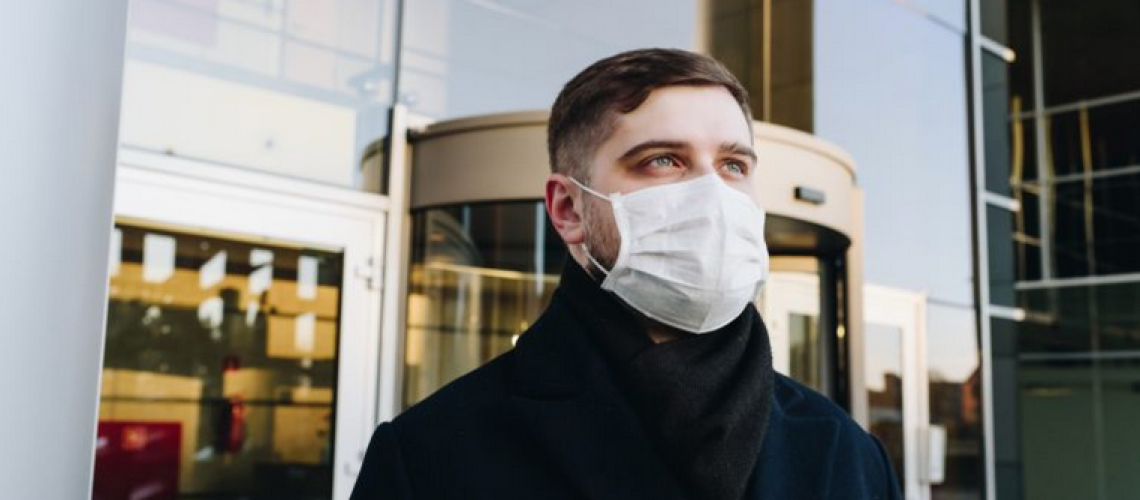There is a quote attributed to Winston Churchill; “If you’re going through hell, keep going.” Things are different for all of us and will be for quite a while. We need to keep going.
A virus has changed how we live. Some people have lost their lives; some have lost loved ones, jobs, economic security, social support, and a sense of security. Some are on the front line facing an acute illness or death each day and combating a heightened risk of disease themselves.
We are asking questions about COVID-19. What is it? What will it do? What can we do about it? We are still working on the answers, and in the meantime, we have lost friends and family, been laid off and had to readjust our lives to take care of children, find ways to meet our parents’ needs when we cannot be with them, try to make sure we have necessities and try and plan for an uncertain future.
Our personal and professional lives have taken a hit, and we are stressed. The pandemic will have acute and long-term consequences on all of us, including our mental health. Consistent stress can cause or exacerbate anxiety, depression, substance abuse, as well as other mental health struggles. The stressors build, and we all struggle to find our best way to cope with each aspect of the pandemic that comes our way.
Mental health providers are reporting increased calls, and they are stretched to meet the need. Crisis lines are having a significant increase in the number of calls about suicide. Experience tells us that as unemployment rises, so does suicide. We are struggling.
The stress resulting from this viral pandemic creates stress arousal in each person’s brain, and understanding this gives us a better opportunity to regulate our response. The initial reaction to such stress is feeling threatened, which results in fear and dread and can lead to a more self-focused response when a broader view is necessary to cope effectively and maintain well-being.
The physiologic stress response is associated with increased cortisol, which results in tension, agitation, irritability, ruminations, trouble focusing, and a variety of physical ailments. These occur when there is an unpredictable and unseen threat to self and those we care about, and we have a sense of loss of control.
It is not advisable to eliminate the stress response but to manage our response to the trigger more effectively. The stress is real, and we have to acknowledge that. If the stress becomes chronic, it will prompt internal dysregulation and cause mental and physical illness, primarily by altering our sleep and immune response and disruption of our social fabric.
Managing the stress response not only lessens the stress, but as coping skills are developed, we become more resilient and reduce our risk of adverse health effects. Knowing the triggers of our stress allows us to adapt and reframe our perception of and reaction to stress as well as feeling less threatened.
Everyone will need to individualize their response adaptation as there is no “one fits all” strategy. While we have experienced pandemics and other local and worldwide crises, no one has witnessed exactly what we are dealing with in COVID-19. Based on our situation, we may need many tools in our toolbox.
Compensatory neuroplasticity allows our brains to adapt. By creating a structure to control what we can, choosing our information and social supports wisely, collaborating with others to share responsibilities, we can develop more balanced responses to stress.
Things to do in times of stress include exercise, stretching, proper nutrition, maintaining social engagement, facilitating good sleep, and engaging in activities that we know bring us joy and fulfillment, and including doing things for others.
Problem-solving occurs when we identify the problems and prioritize them. We then figure out what we can control and develop a plan. We need to think about safety, health, family, friends, finances in the short term and long term. There is a lot to consider as we look at our community and beyond to the world, yet we can do it.
We will “keep on going,” and we will get through this crisis. We must each figure out how to do this in the best way possible. There is also a role for faith that we will have resilience, that we can adapt and that we can make good choices. If we find that we are not able to obtain the tools or are overwhelmed with anxiety and or depression, seek help. Take care of yourself so you can help others.


